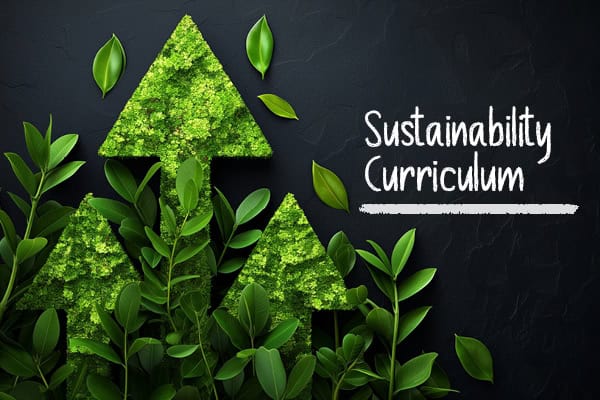Only 32% of U.S. educators said climate action, as well as clean water and sanitation, are dedicated parts of their curriculum, according to the Smithsonian-Gallup poll, reported in K-12 Dive. 31% cited clean energy and responsible consumption, and 26% said information about sustainable communities was included in lessons.
“We were shocked to see that the topics we would define as socio-scientific like climate action, sustainable communities, clean water, clean energy were at the bottom of that list” in regard to U.S. curriculum standards, says Carol O’Donnell, director of the Smithsonian Science Education Center.
U.S. teachers also said they have a lack of expertise (74%) and instructional materials (76%) to teach sustainability.
“It’s just a reality that STEAM standards or STEM standards don’t exist in large scale across the board in schools and districts,” says Monique Chism, undersecretary for education at the Smithsonian.
As schools continue to face teacher shortages, brace for budget shortfalls, and address much-needed maintenance repairs, administrators and teachers are really trying to do the “best they can,” Chism says.
Chism added it’s clear from the poll that teachers have a desire to teach sustainability intertwined with other subjects beyond science. More than 70% of U.S. teachers said instructing on this topic can make science more accessible to students and increase their interest in current events.
State curriculum standards are beginning to shift toward sustainable development topics, O’Donnell adds. Environmental science standards are integrated into science lessons throughout California schools. New Jersey and Connecticut now require lessons on climate change and climate education, respectively.
K-12 Dive





